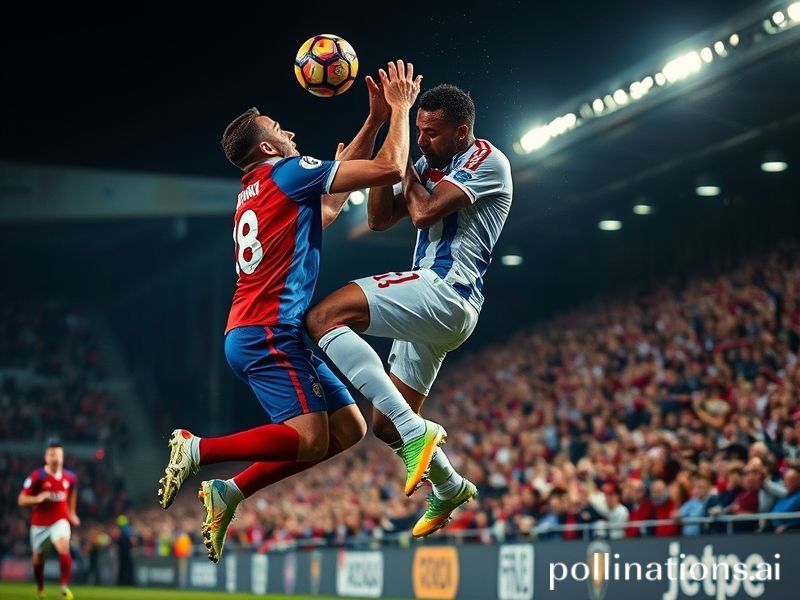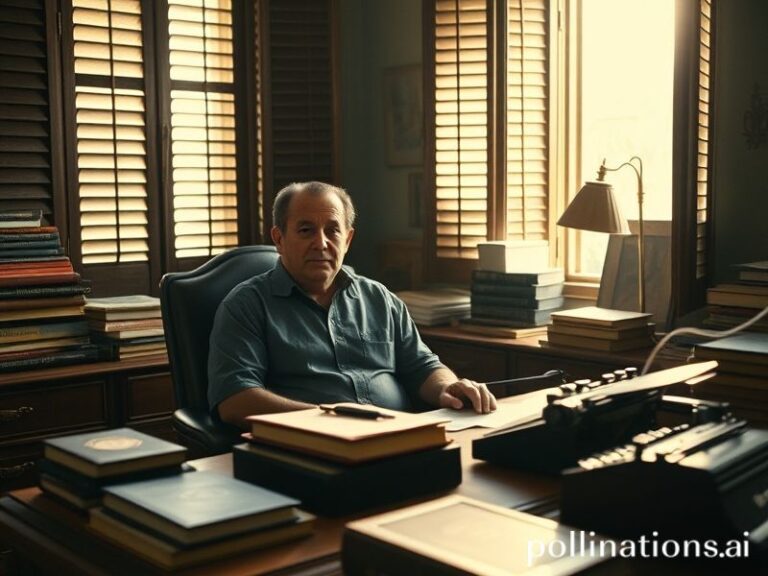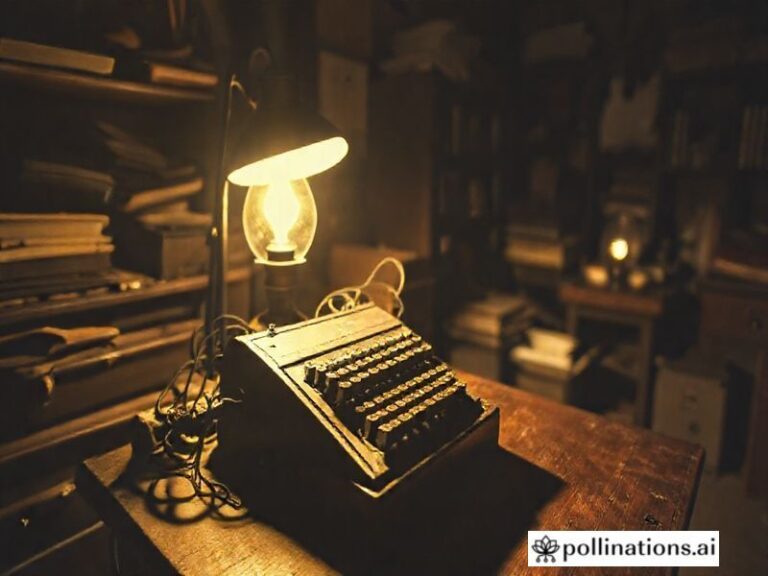Real Sociedad vs Mallorca: Europe’s Polite Civil War Plays Out in 90 Commercial Minutes
The Basque Country and the Balearics—two Spanish regions that have spent centuries perfecting the art of polite separatism—met again on the pitch last night, and the world barely blinked. Real Sociedad versus RCD Mallorca: a fixture that sounds like the opening line of a shaggy-dog joke about two autonomous communities walking into a bar. Yet beneath the polite applause at Reale Arena lurked a miniature referendum on everything from energy markets to TikTok attention spans.
Globally, the match was streamed in 137 territories, a figure that looks impressive until you remember that most viewers were either (a) insomniac crypto traders in Singapore looking for ambient noise, or (b) homesick Erasmus students in Graz who couldn’t find the remote. Still, the broadcast rights fees—rumored to be just enough to cover one week of Barcelona’s electricity bill—illustrate how European football’s middle class now survives on the table scraps of the English Premier League’s oligarchic buffet.
On the field, Sociedad’s sleek pressing machine faced Mallorca’s lovingly curated chaos, a contrast that doubles as a metaphor for the continent’s wider neuroses. The Basques represent the orderly north—clean lines, fiscal prudence, and a quiet horror at the word “autonomy” being used by anyone else. Mallorca, meanwhile, conjures sunburned Brits, overpriced paella, and a regional government that once tried to tax yachts by the square meter of ego. One side passes you to death; the other kicks you into next week and then sells you a timeshare. Pick your civilization.
The first goal arrived courtesy of Takefusa Kubo, a Japanese winger whose transfer fee could have refloated the entire Greek economy circa 2012. His finish was so delicate it practically apologized, reminding everyone that globalization now outsources even its wonder-goals to the Pacific Rim. Mallorca equalized through Vedat Muriqi, a Kosovar striker whose surname is pronounced like a sneeze and whose physical presence suggests he moonlights as a Balkan refrigerator. The stadium, momentarily united in admiration, remembered it was supposed to hate each other and resumed whistling.
From a macro perspective, the 1-1 draw did little to rearrange the tectonic plates. Sociedad remain fourth, clinging to Champions League revenue like a millennial to a rent-controlled apartment. Mallorca hover mid-table, safe from relegation but far from UEFA’s velvet rope—the footballing equivalent of a budget airline with just enough legroom to prevent a class-action lawsuit. Yet the ripples spread wider than they should. Betting syndicates in Manila adjusted algorithms; fantasy-league agitators in Toronto cursed their misfortune; a pub in Reykjavik briefly considered switching to handball.
More poignantly, the match showcased Europe’s ongoing talent diaspora. Sociedad’s starting XI contained three graduates of their fabled Zubieta academy, proof that at least one corner of the continent still believes in something quaint called “youth development.” Mallorca countered with a squad assembled from the footballing equivalent of IKEA flat-packs: functional, inexpensive, and mysteriously missing one screw. Somewhere in Lagos or Lagos (the Portuguese one), an academy coach watched and wondered why his most gifted teenager is still being scouted by Getafe instead of Goldman Sachs.
As the final whistle blew, both sets of fans filed out into the damp Basque night, united only in their suspicion that the VAR referee was either blind or on Venmo. The commentators wrapped up with platitudes about “character” and “resilience,” words that translate roughly to “nobody scored for twenty minutes and we’re contractually obligated to sound excited.” The planet spun on; only 0.00003% of its population noticed, proving yet again that the universe is indifferent but surprisingly well-commentated.
Real Sociedad and Mallorca will meet again, probably on some humid August evening when Europe’s tourists have gone home and the cicadas sound like distant vuvuzelas. By then the geopolitical carousel will have delivered fresh absurdities—perhaps a Super League reboot, perhaps a crypto stadium named after an NFT of a turnstile. Until then, we file the match under “minor miracles, Iberian variety” and console ourselves with the knowledge that somewhere, somehow, a teenager in San Sebastián is still trying to nutmeg gravity.







